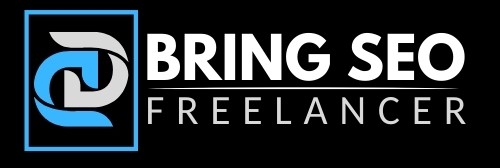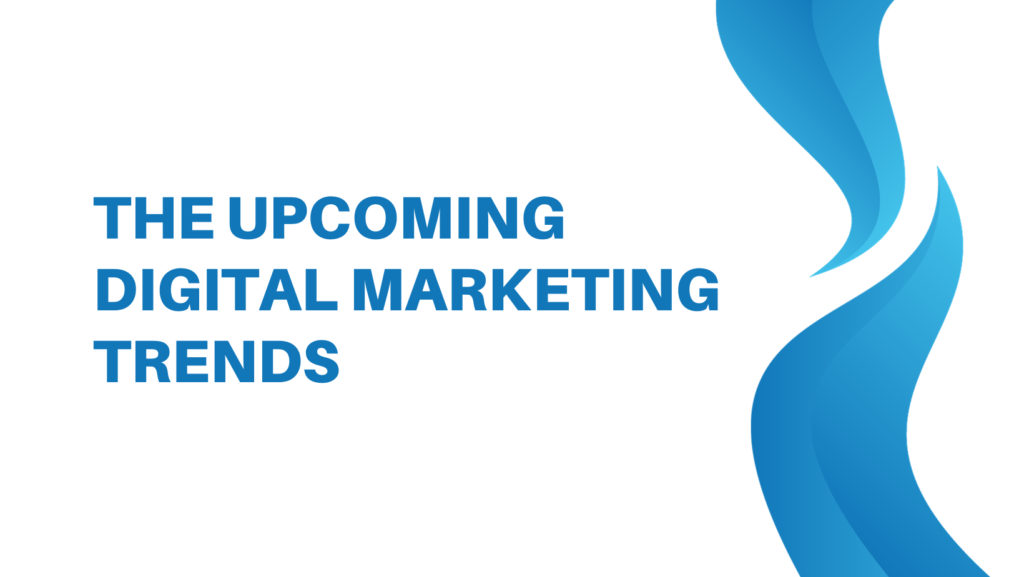As of my last knowledge update in January 2022, I can provide some insights into digital marketing trends that were expected to continue evolving. However, please keep in mind that the digital marketing landscape is constantly changing, and new trends may have emerged since then.
Some digital marketing trends that were relevant at that time and likely to continue shaping the industry:
Video Marketing: Video content remained a powerful medium for engaging audiences. Live streaming, short-form videos (like TikTok and Reels), and interactive video content were gaining traction.
Content Marketing: High-quality, relevant, and valuable content continued to be essential. Interactive content, such as quizzes and polls, gained popularity for user engagement.
Voice Search Optimization: With the increasing use of voice-activated devices, optimizing content for voice search became more important. This trend was expected to continue as more people adopted smart speakers and voice search technology.
Artificial Intelligence (AI) and Chatbots: AI-powered chatbots and automation tools were being used for personalized customer interactions, improving user experiences, and streamlining marketing efforts.
Personalization: Marketers were focusing on delivering personalized content and experiences to users. This included personalized emails, product recommendations, and dynamic website content.
Social Commerce: Social media platforms were expanding their e-commerce features, allowing businesses to sell products directly through their profiles. It was anticipated that this trend would further expand and gain momentum.
Influencer Marketing: Collaborating with influencers and micro-influencers remained a popular strategy to reach niche audiences and build trust with consumers.
User-Generated Content (UGC): Encouraging customers to create and share content related to your products or services continued to be an effective way to build brand authenticity.
Data Privacy and Compliance: With increased scrutiny on data privacy and regulations like GDPR and CCPA, maintaining user trust and ensuring compliance with data protection laws was a critical concern.
Augmented Reality (AR) and Virtual Reality (VR): AR and VR were being used to create immersive marketing experiences, particularly in industries like retail and real estate.
Local SEO and Google My Business: Optimizing for local search and maintaining an up-to-date Google My Business profile was crucial for businesses with physical locations.
Content Experience: Providing a seamless and engaging content experience on your website, from load times to navigation, was becoming more important for SEO and user satisfaction.
Sustainability and Ethical Marketing: Consumers were showing increasing interest in brands that demonstrated commitment to sustainability and ethical practices. Marketing these values was a trend.
Dark Social: Marketers were finding ways to track and analyze the sharing of content through private messaging apps and email, often referred to as “dark social.”


